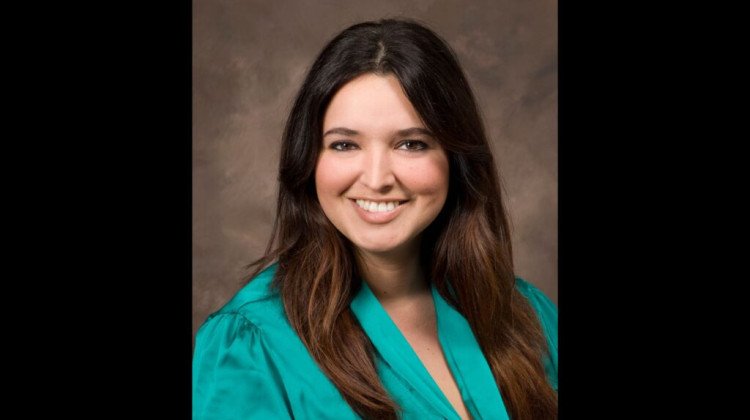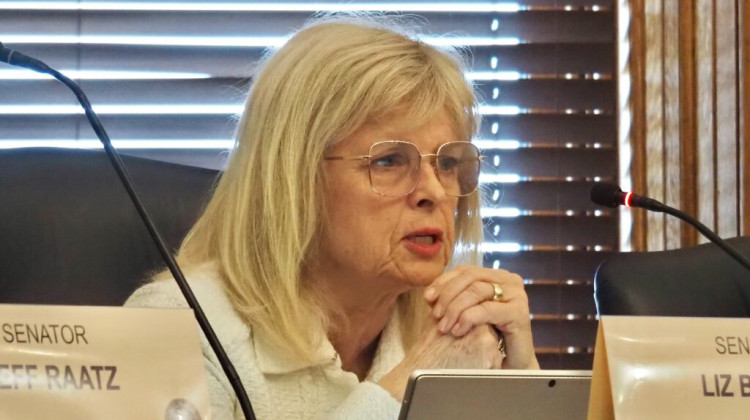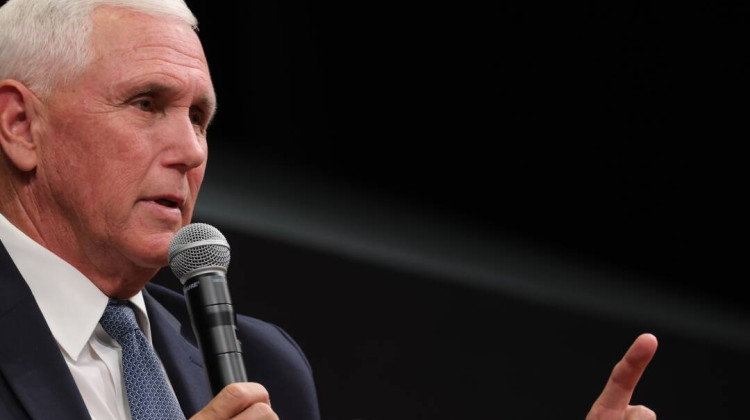
The Indiana Supreme Court is weighing a question posed to them by the federal 7th Circuit Court of Appeals about Indiana campaign finance law.
Screenshot of an Indiana Supreme Court livestreamDoes Indiana law unconstitutionally limit corporate campaign contributions? That’s the question the Indiana Supreme Court is weighing, at the request of a federal appeals court.
A private broadcasting company, Sarkes Tarkian Inc., wanted to donate $10,000 to Indiana Right To Life’s political action committee (PAC), for what are called “independent expenditures.” That’s money spent by a PAC without coordinating with a candidate or political party. PACs that only make independent expenditures are often called super PACs (though Indiana law doesn’t define such organizations).
But the PAC argued Sarkes Tarkian’s donation would violate Indiana’s limits on corporate campaign contributions. And it sued the state in federal court.
A federal district court ruled that Indiana law has no limits on corporate contributions to independent expenditure PACs. But the 7th Circuit Court of Appeals wants the Indiana Supreme Court to provide an answer.
The justices seemed skeptical of arguments from both sides in a hearing Thursday.
Here’s Justice Geoffrey Slaughter questioning James Bopp, the attorney for the PAC.
“There’s nothing in the statute that prohibits your clients from doing what they want to do and instead of taking yes for an answer, you say, ‘Well, wait a minute, we can’t do it under the statute. We need a federal court to tell us it’s unconstitutional,’” Slaughter said. “That’s an oddball position to be in, isn’t it?”
Bopp said Indiana law doesn’t mention independent expenditure PACs.
“Silence means it was excluded, not that it is permitted,” Bopp said.
Join the conversation and sign up for the Indiana Two-Way. Text "Indiana" to 73224. Your comments and questions in response to our weekly text help us find the answers you need on statewide issues.
Attorney Kyle Hunter, representing the state, said just the opposite, though he acknowledged the law is “ambiguous.”
“Your position is, the legislature is being clear by their silence,” Chief Justice Rush said.
“Yes, their intention is clear by their silence,” Hunter said.
But the justices also questioned why the case was before them at all.
“Mr. Bopp wins either way,” Massa asked Hunter. “If your interpretation of this statute is that it doesn’t apply to his clients, he wins. If you’re wrong on that and it does apply to him, then surely the 7th Circuit will strike it down. So again, that being the case, why are we here?”
There is no timetable for the Supreme Court’s decision.
Brandon is our Statehouse bureau chief. Contact him at bsmith@ipbs.org or follow him on Twitter at @brandonjsmith5.
9(MDAyMzk1MzA4MDE2MjY3OTY1MjM5ZDJjYQ000))
 DONATE
DONATE







 Support WFYI. We can't do it without you.
Support WFYI. We can't do it without you.